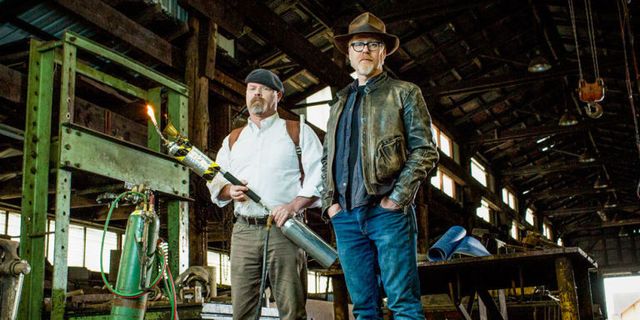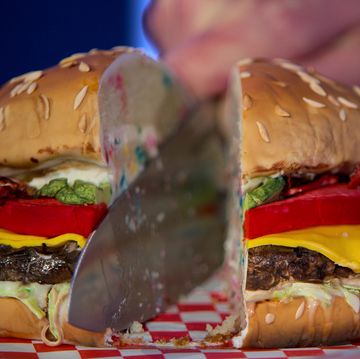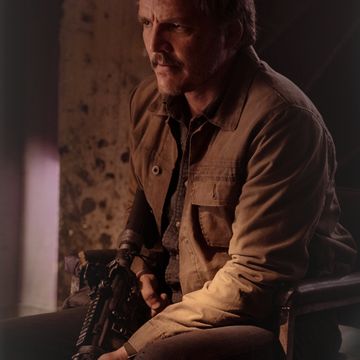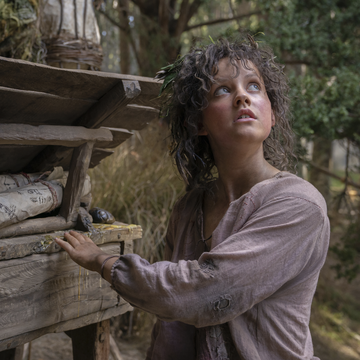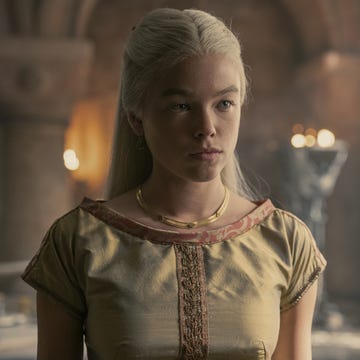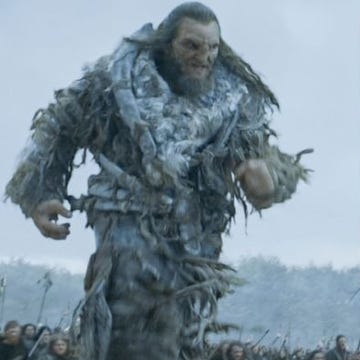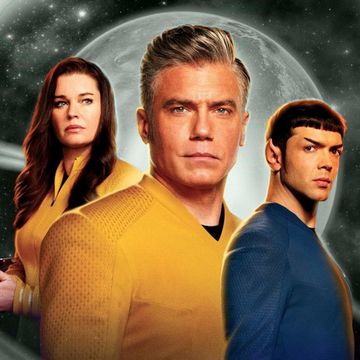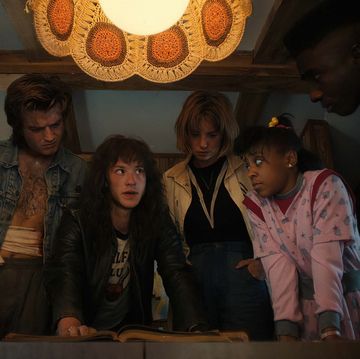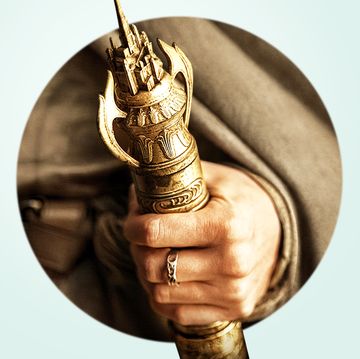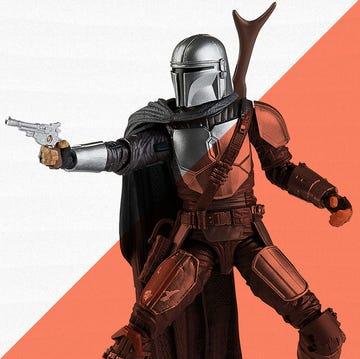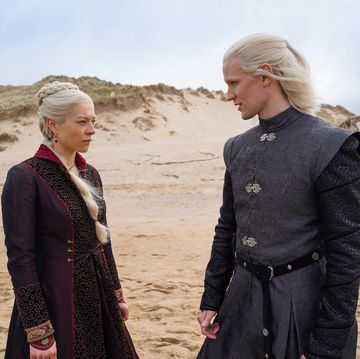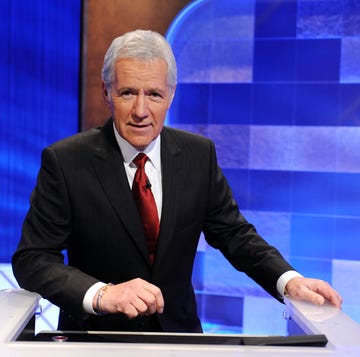POPULAR MECHANICS: The show's over, and the last episode is airing this month. How does it feel?
ADAM SAVAGE: I can't speak for Jamie, but for me it's been a very intense year. I didn't even work in special effects as long as I've been making MythBusters. We did the show for 13 years. I've gone through all the Kübler-Ross stages of grief.
JAMIE HYNEMAN: I don't feel that way so much. It's funny. I'm relieved that it's over. And I'm looking forward to what's next. At the same time, doing something for so long, I've found myself almost tearing up at times when we go out on stage [for the final national tour]. There's something emotional lurking there, but it was time for us to move on.
PM: It's surprising how few things went wrong, except for that cannonball that you shot through a house.
AS: Jamie is fond of saying, "At a certain point you feel like your number's up" when you do shit as dangerous as what we do. I am so grateful that our number never came up. We have five broken fingers, about 30 or 40 stitches, and one loose cannonball that caused no injuries to our name, and we're both quite proud of that.
That said, I was sure we were gonna have a car accident one day. We do many driving stories in each season, and the part that never shows up on camera is moving the car around. You say, "Okay, 3, 2, 1. Go." Press on the gas and it turns out you're in reverse and you run over a cameraman or a $100,000 high-speed camera. That's the dumbest accident there could be. And yet it's probably the one we were most in danger of having if you looked at actuarial scales.
PM: Even the simplest things can get you.
AS: I'm still terrified every time I fire up the table saw. You use that tool wrong and it lets you know in a hurry. It's very unforgiving.
PM: You guys aren't engineers by trade, right?
AS: Jamie has a degree in Russian linguistics, and I have a high school diploma. But we've both been in the "learn while you earn" program by hosting a television show.
PM: Can handiness be taught?
JH: We've thought a lot about it over the years, in particular because of what's happened to us. Not just in teaching other people, but we have changed dramatically since we started making the show. Having a breadth of experience gives you a foundation to extrapolate solutions to problems with which you have no direct experience. I like to think of it as a stable pile of stuff that gives you a place to put your feet when you reach out and grab new ideas.
PM: Do you think about how much of an impact your show has had on people's assumptions about the world?
JH: What was profound is that it said to people at large that science isn't just for guys in lab coats. It's not some mystical thing that you have to be educated to be able to do. When we showed up on MythBusters, we were persistent and methodical about the experiments and, hey, who knew, that's science. Now everybody's going, "You guys are encouraging people to do science." It's more like I'm a bear and I'm shitting in the woods. Like, that's what I do.
The article originally appeared in the March 2016 issue of Popular Mechanics.
